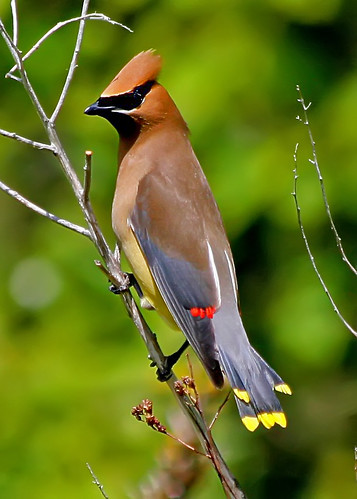Here's a paper written on only one letter!
Camp Q was of some fascination to me in Lolita. Usually, summer camps have long flowery, flowing, frequently formidable names like Quinipet or Quinebarge or Quidnunc. Lolita’s camp is identified only as Q. Nabokov must have had a reason to give such a short name to this camp. Admittedly, the camp plays only a minor role in an otherwise clue filled book, but it is interesting to look at, never the less.
The camp is first introduced in Chapter 14, although the name is withheld. This also happens to be the same chapter in which Humbert hears Quilty’s name for the first time (he feigned a toothache at the thought of being deprived of his lust object). This is not merely an unplanned coincidence, this is the first clue that the camp and Lolita’s exile to that camp is of some importance. The following chapter, in which the camp is named, also contains Charlotte’s love letter (if it can be called that), which induces Humbert’s devious plan of marriage to Mrs. Haze if only for access to Lolita. The camp is obviously the beginning of the end for H.H.
Having such a short name, the camp seems to beg the reader to uncover its clue(s). Chapter 27 tells the reader that each cabin in the camp is dedicated to a Disney character, but, other than a few fairy queens, “Q” does not seem to reference anything about Disney. The idea about fairy queens is in keeping with the enchanted, mythological aspect of the book, but it is a meager correlation in a book full of strong relationships.
For more promising clues, the sound of “q” (incidentally, probably a dark shade of red in Nabokov’s synesthesia, which is in keeping with the red theme through the rest of the book) can be analyzed. Q or cue or queue bears many connotations that are significant to Lolita. “Q” is a nickname for Clare Quilty. “Cue” is a signal to begin: The beginning of Humbert’s flight across America with Lolita. “Queue” can be an order or sequence of events: The camp was one step closer for Humbert to get what he wanted, Lolita to himself, and ultimately to loose everything.
Nabokov rarely makes coincidences and clues so obvious, however. To dig deeper, slang is another aspect of language that he is proficient with. In A Dictionary of the Underworld one can actually find that Q by itself is slang. Referring to the cue (also Quilty's nickname) ball in a game of billiards and coined sometime in the late 19th century, Q means the initiation of a deception. Humbert initiates several deceptions throughout Lolita. With the Farlows, he intimates that he is the biological father (through an old affair) to Lolita. He hides the death of Charlotte from Lolita, saying she is just convalescing at a fictitious hospital. He plays a deception every evening at each hotel they stay at along their route. And the greatest deception of all is the one that Humbert plays on the reader. Since we can never know what actually happens except through Humbert’s eyes, we are compelled to sympathize with a pedophile and murderer; we are tricked into helping Nabokov create Humbert. “Imagine me; I shall not exist if you do not try to imagine me…” (p 129)
One other “q” word comes up when looking through slang dictionaries. “Quail” is slang for an attractive young woman. As a summer camp for girls, this could be an appropriate name for Camp Q, although it seems as weak as the Disney connection.
Nabokov obviously intended the reader to give Camp Q more than just a passing thought. The clues which are imbedded in the connotations of just the letter Q are numerous and deep. From the innocuous fairy queens to the ominous deceptions, Camp Q should not be passed over lightly.














